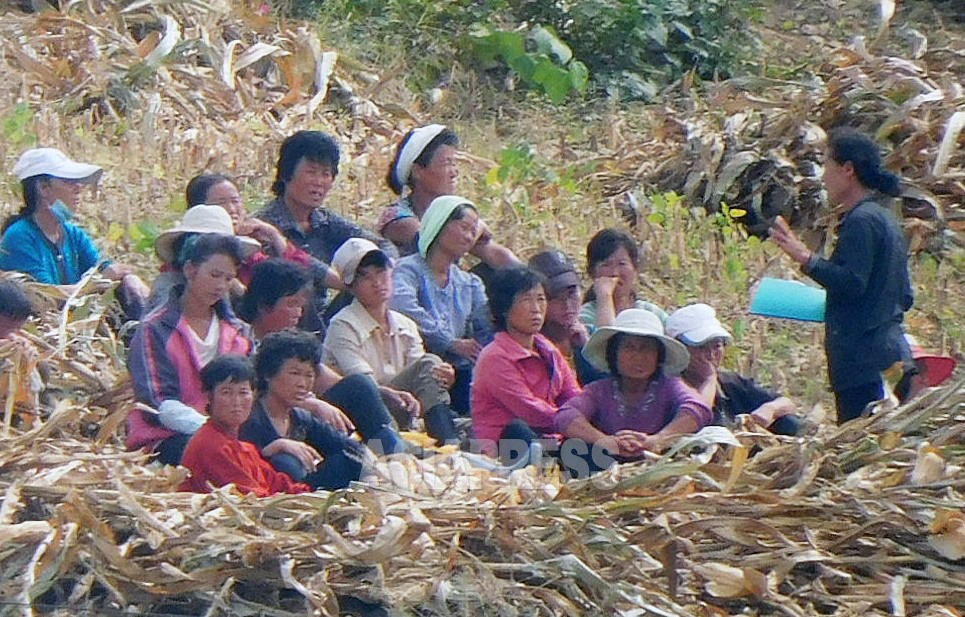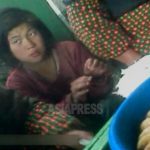
Annual farm mobilization is about to begin in North Korea. Under the slogan "Everyone who can hold a spoon must participate," the entire population from high-ranking officials to elementary school students is mobilized for agricultural work including fertilizer transport, rice planting, and weeding. Starting this year, dedicated "shock troops" are being selected from housewives and intensively dispatched to rural areas. Additionally, farms are now required to cover the food expenses of mobilized workers, causing widespread controversy. Two reporting partners living in the northern region shared this information from late March through April. (HONG Mari / KANG Ji-won)
◆ Women's League Forming "Shock Brigades" for Farm Mobilization
Reporting partner A, who lives in Hyesan in Ryanggang Province, reports that once again, orders to "concentrate all efforts on agriculture" have been issued from the central government. She explains the latest developments in farm mobilization:
"Each neighborhood Women's League has selected 20 people to form 'shock brigades.' Those mobilized to rural areas as part of these 'Women's League Shock Brigades' are exempt from other service labor and political study sessions."
※The Women's League's official name is the "Korean Socialist Women's League," mainly composed of housewives without workplace affiliations.
Shock brigades typically refer to specialized labor units deployed for national construction projects. However, since the COVID-19 pandemic, the Kim Jong-un regime has been directing businesses and factories to create "agricultural shock brigades" to concentrate manpower on farm work. This year, they've expanded the scope to include housewife brigades.
◆ Farms Required to Cover Meals and Wages for Mobilized Workers
Another new system has emerged this year. Reporting partner B explains:
"Until now, people worked for free when mobilized to farms, but this year, farms must provide cash or lunch to those mobilized from the Women's League, institutions, and businesses."
Previously, when factories and businesses organized rural mobilizations, they covered meals and wages, but housewives and students typically had to pay for their own meals and transportation to farms. Starting this year, farms must provide either daily cash payments of 900 won (equivalent to about 20,000 won monthly wages) or meals to those mobilized through organizations.
※As of late March, 1,000 North Korean won was worth approximately 0.04 USD. Current average worker wages are about 35,000-50,000 won. One kilogram of white rice costs about 9,000 won.

























